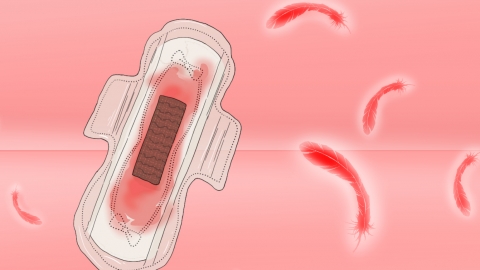What are the effects of hysterectomy at age 55 on women?
After a hysterectomy in a 55-year-old woman, common changes may include complete cessation of menstruation, minor pelvic floor function changes, emotional fluctuations, altered sexual experiences, and indirect effects on ovarian function. Detailed explanations are as follows:

1. Complete cessation of menstruation: The uterus is the organ responsible for menstruation. After its removal, the endometrium can no longer shed cyclically, leading to permanent cessation of menstrual periods. Women around age 55 are typically approaching or have already entered menopause, so their periods may already be irregular. After hysterectomy, there is no further need to concern oneself with menstrual issues, and this change has minimal overall impact on physical health.
2. Minor pelvic floor function changes: The uterus is centrally located within the pelvic floor. Its removal may cause slight relaxation of pelvic support structures. A minority of individuals may experience mild sensations of pelvic pressure or stress urinary incontinence (e.g., urine leakage during coughing). However, most cases improve or resolve entirely through postoperative recovery and pelvic floor muscle exercises.
3. Emotional and psychological fluctuations: Some women may experience psychological stress following hysterectomy, manifesting as anxiety or low mood. This is particularly true for those who still have psychological concerns related to fertility or who place importance on bodily integrity. These emotional responses can be managed through psychological adjustment and support from family members.
4. Changes in sexual experience: A small number of women may experience mild discomfort or reduced sexual desire after surgery due to slight shortening of the vaginal length or psychological factors. However, most women adapt over time and can return to their pre-surgery level of sexual function without significant long-term impact.
5. Indirect effects on ovarian function: The uterus itself does not produce hormones, but its removal may slightly affect blood supply to the ovaries. In some cases, this can lead to a mild worsening of menopausal symptoms such as hot flashes and night sweats. These can be managed under medical guidance through lifestyle adjustments or pharmacological interventions.
After hysterectomy, women around age 55 should follow medical advice for postoperative recovery and undergo regular check-ups to monitor pelvic floor function and ovarian health. Any significant discomfort or emotional difficulties should be promptly evaluated by a healthcare provider.







